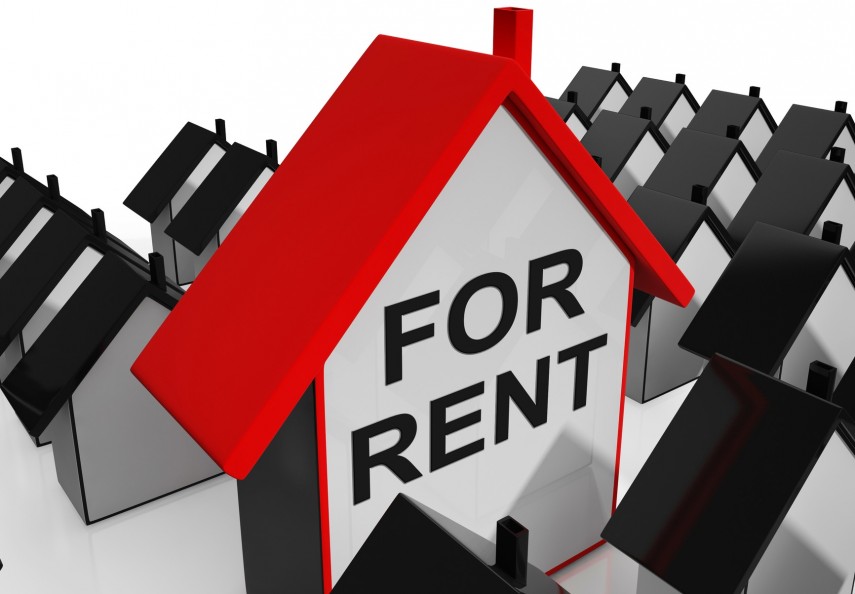Most landlords and landladies are fair and pleasant people. They’ll go to great lengths to ensure that all the paperwork is in order, that the property is in good condition, and that tenants are listened to and generally well-looked after when they raise concerns. The majority are like this!
However, there’s a smaller subsection of these lot that mistreat their tenants in numerous ways. Once documents have been signed and agreements have been struck, there’s little a tenant can really do other than move out. But what if they can do something before anything is signed? Make a Rental Agreement for security.
Consequently, here’s a list of things to check in the tenancy agreement before you start renting!
Kind of contract

There’re two main types of tenancy agreement that you’re likely to encounter in your renting search; joint tenancy agreements and individual contracts. You’ll be signing an individual contract by default if you’re renting alone, but if you’re in a group, a joint tenancy agreement can be thrown into the mix too.
If you can, always try to bag yourself the individual contract. This means that you’re responsible for only one person; yourself. You won’t be liable to cover other tenants if they’re behind on their rent, and it’s generally a straighter and narrower path to go down. For less complications and headaches, try to sign an individual contract!
Terms and conditions
Terms and conditions are generally referred to as ‘the fine print’ of your contract or agreement and will set out the terms of things like duration of stay, rent costs, names, deposits, responsibilities, agreed repairs and so forth. Check it all, and make sure it all looks to be fair and agreeable. Some landlords use this as an opportunity to slip unreasonable clauses, so catch them out if you can.
In most cases, the landlord or landlady should be replacing faulty machinery and repairing wear and tear. Only in cases where tenants are deliberately damaging the property should this change. In that case, the HomeLet tenant’s liability insurance will be able to help. In every other scenario, make sure the fine print is flagging everyone’s responsibilities in a fair and just way.
Inventory listings

This will likely be included in the fine print, but it’s important enough to deserve a more fleshed out mention. You should pay extremely close attention to what’s listed here, because if any of it is damaged or goes missing, you could lose your deposit and be fined extra too. During your viewing with a potential landlord or landlady, examine the inventory items and agree on their condition.
Be sure to take photographs too. That way, you have evidence that you’ve maintained the inventory effectively and taken good care of everything, staving off any deception later down the line. Thereafter, you’ll receive your deposit back when the tenancy is over!
Conclusion
In order to keep tabs on your agreement and rights as a tenant, it’s important to check the details of any paperwork that you’re asked to sign; from the headings to the small print. Read everything thoroughly and two or three times over, or as many times as necessary for you to fully understand everything if need be. After that, it should be smooth sailing from there!






